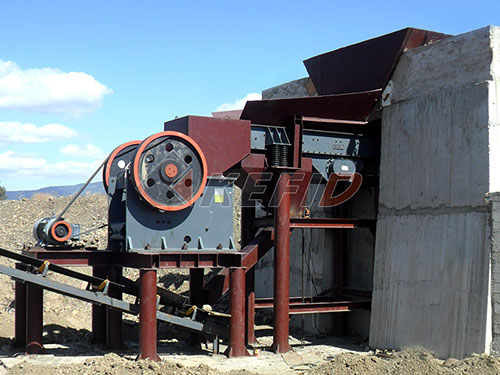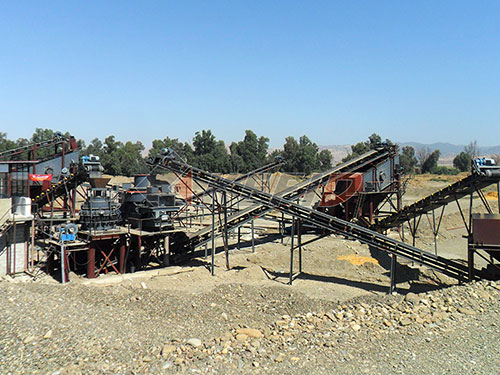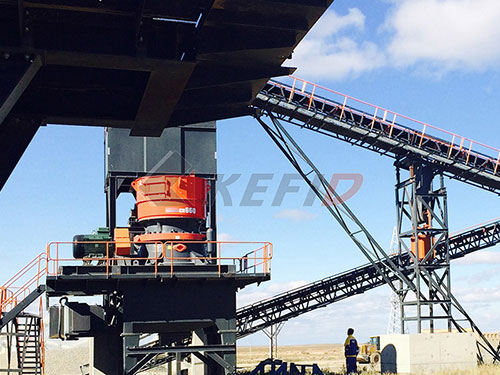The Unsung Hero of Sustainable Roads: Inside the World of Asphalt Crushers

In the relentless pursuit of modern infrastructure maintenance and expansion, mountains of old asphalt – known as Reclaimed Asphalt Pavement (RAP) – are generated daily from road repairs, resurfacing projects, and demolition sites. Historically destined for landfills, this material represents both an environmental burden and a significant waste of valuable resources. Enter the asphalt crusher, a pivotal piece of machinery quietly revolutionizing road construction by transforming waste into wealth.

What Exactly is an Asphalt Crusher?
An asphalt crusher is specialized equipment designed to break down large chunks or slabs of removed asphalt pavement into smaller, reusable aggregate sizes. Unlike standard rock crushers that handle virgin stone, asphalt crushers are engineered to efficiently process RAP material which often contains bitumen binder and can be more abrasive due to its composition.
How Does It Work?
The core process involves feeding large pieces of milled or ripped-up asphalt into the crusher’s chamber:
1. Primary Crushing: Powerful jaws or impact hammers deliver immense force to fracture the large slabs into manageable pieces.
2. Secondary Crushing/Screening: Crushed material often passes through secondary impactors or cone crushers for further size reduction and then over vibrating screens.
3. Sizing & Separation: Screens meticulously sort the crushed material into specific size fractions – crucial for meeting mix design specifications when reused in new asphalt production.
4. Contaminant Removal: Advanced systems often incorporate magnets to remove stray ferrous metals (like rebar fragments) and air classifiers or water systems to eliminate lighter debris such as paper or plastic.
The Driving Force: Why Crush Asphalt?
The value proposition of asphalt crushing is compelling:
1. Cost Savings: RAP is significantly cheaper than virgin aggregates and bitumen binder. Reusing processed RAP directly reduces raw material costs for new asphalt mixes – often by substantial margins.
2. Environmental Stewardship: Recycling asphalt dramatically cuts demand for quarrying virgin aggregates and mining bitumen crude oil derivatives. It diverts massive volumes from landfills, conserving natural resources and reducing carbon emissions associated with extraction and transport.
3. Enhanced Performance: Properly processed RAP aggregate retains valuable aged bitumen binder properties that can actually improve certain characteristics like rutting resistance in new pavement layers when incorporated correctly into mix designs.
4. Project Efficiency: On-site crushing eliminates hauling costs associated with disposing of old pavement and transporting new

Leave a Reply